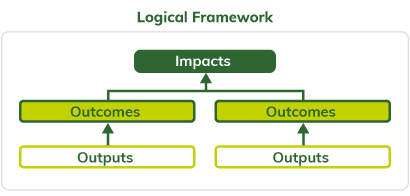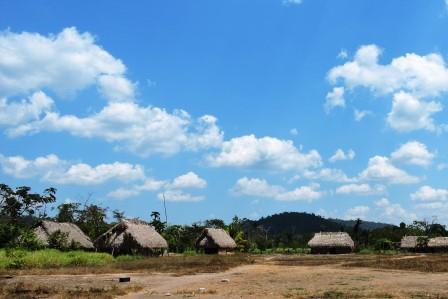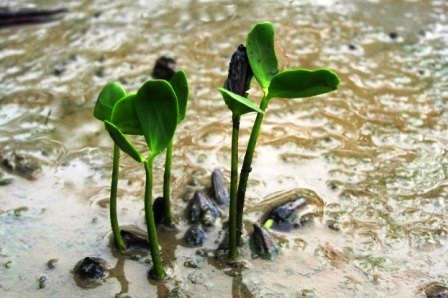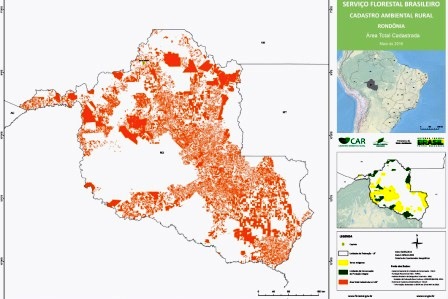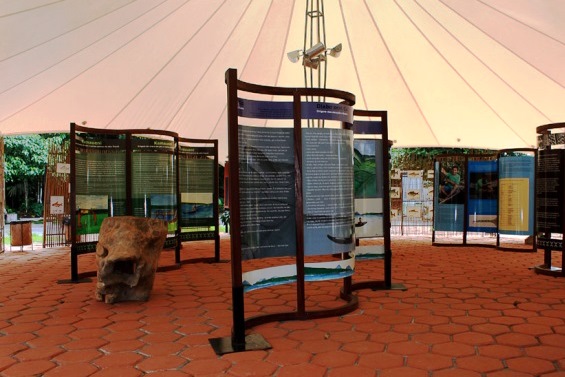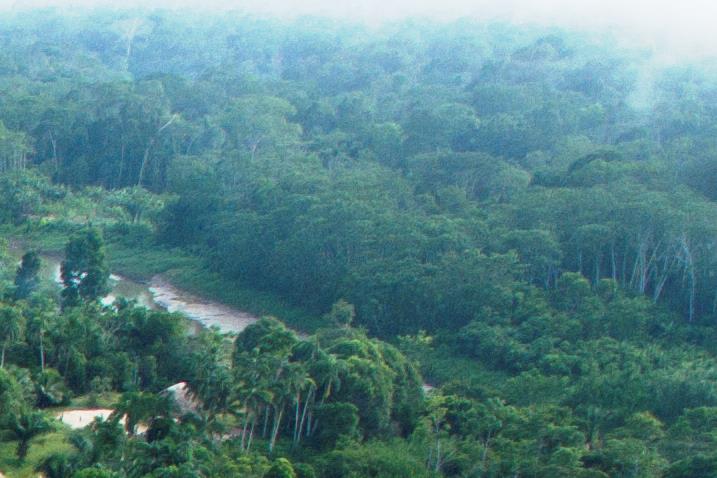ACTIVITIES CONDUCTED
Two public calls and one regulation have been issued for the public selection of projects to be supported, both within the framework of the National Plan for Agroecology and Organic Production (PLANAPO).
|
Public Call
|
Amount per Project
|
Total Amount
|
|
Ecoforte Extrativism 2016/007
|
Up to R$ 600,000
|
R$ 12.4 million (two sources: FBB and Amazon Fund)
|
|
Ecoforte Networks 2017/030
|
I– R$ 300,000 to R$ 500,000 (expansion and consolidation of already supported networks)
II– R$ 800,000 to R$ 1 million (new networks)
|
R$ 18.5 million (three sources: FBB, Amazon Fund, and BNDES Social Fund)
|
|
Ecoforte Redes 2017/030
|
R$ 300,000 to R$ 500,000
|
R$ 6.5 million (three sources: FBB, Amazon Fund, and Social Fund)
|
- Public Call 2016/007 – Ecoforte Extrativism
Twenty-three projects were contracted, 21 of which within this project (7 with funds from the Amazon Fund, 14 from the FBB counterpart related to the 2014 contract).
The subprojects are distributed across 18 Federal Sustainable Use Conservation Units, including categories such as National Forest (Amapá, Macauã, Purus, Tefé, and Tapajós) and Extractive Reserve (Arapixi, Baixo Juruá, Cazumbá-Iracema, Chico Mendes, Ituxi, Lago do Cuniã, Mãe Grande de Curuçá, Médio Juruá, Médio Purus, Rio Cajari, Rio do Cautário, Rio Ouro Preto, and Tapajós-Arapiuns), located in Amazonas, Amapá, Acre, Roraima, and Pará.
Financial support was directed towards structuring collective economic enterprises, mostly formed by extractivists and family farmers, focusing on production, processing, and/or commercialization of products from fauna management (fish and meliponiculture) and sustainable forest management of both timber and non-timber products, such as community timber management, açaí, taperebá, bacaba, bacuri, buriti, cassava flour, Brazil nuts, copaiba, cat's claw vine, oilseeds, latex, and native cocoa.
- Ecoforte Networks Public Call 2017/030
Two proposals were selected, currently in the initial phase, aimed at supporting territorial projects of agroecology, extractivism, and organic production networks, focusing on intensifying sustainable management practices of sociobiodiversity products and agroecological and organic productive systems.
One project was contracted to support the implementation and/or improvement of collective economic enterprises related to agroecological, extractive, and organic production within the scope of agroecology, extractivism, and organic production networks convened under the 2014/005 Ecoforte Networks Public Call.
The 24 supported subprojects benefited 7,149 people directly, 3,509 of whom were women. The revenue generated from sustainable use economic activities reached R$ 7.48 million. 288 rural properties received technical assistance and rural or agroforestry extension services, and 76 community organizations were strengthened.
Production and processing structures such as nurseries, storage warehouses, and agro-industries were built. Logistics for production outflow were organized to reduce the role of intermediaries, with the acquisition of trucks, utility vehicles, quadricycles, carts, canoes, motorboats, boats, and barges. There was also an improvement in workplace safety conditions with the acquisition and supply of personal protective equipment (PPE), tools, machinery, and adequate equipment. Communication and commercialization strategies were also improved, and courses on good production, processing, and organizational management practices were provided.
It is also worth noting that work with UC beneficiary organizations promotes the strengthening of collective management processes for supported enterprises, with improvements in planning, organization, and management control processes, increased operational and commercial capacity of the enterprises, contributing to productivity increases, added value, and rationalization of activities.


